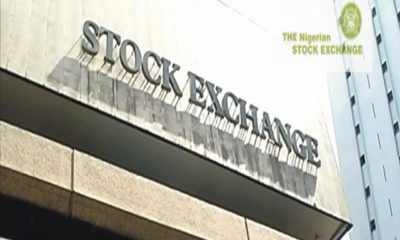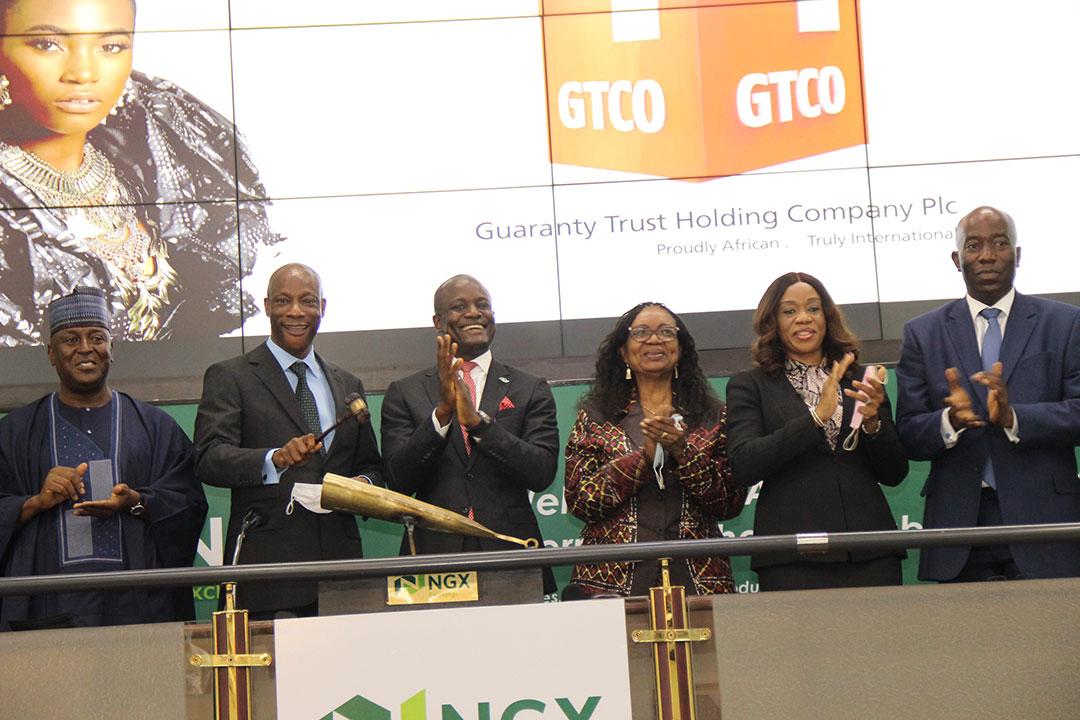According to the latest monthly report released by Nigeria’s Pension Commission (PENCOM), the assets under management (AUM) of the regulated pension industry increased by +26.2% y/y to N19.7trn.
Meanwhile on an m/m basis, the AUM decline marginally by -0.5%.
This marks the first decline since September ’22. Notably, FGN debt securities accounted for 62% of the total AUM in March ’24. Meanwhile, other asset classes such as private equities, real estate, and infrastructure funds, accounted for 0.4%, 1.4%, and 0.8% of total AUM, respectively.
Total FGN debt securities held by the Pension Fund Administrators (PFAs) increased by +19.7%
y/y but declined marginally by -1.4% m/m.
Specifically, we note that the FGN bond instruments held by the PFAs increased by +17.2% y/y to N11.5trn, but declined by -2.4% m/m, on the back of a 10-year tenure FGN bond maturity (N719.9bn). The FGN bonds account for 58% of the total AUM.
FGN bonds remain attractive due to its lower risk profile and elevated yields. It is worth noting that the average FGN bond yield increased by +219bps m/m as at end-March ‘24.
The PENCOM report shows that NTBs held by PFAs grew by +120% y/y and increased by +42.5% m/m to N407.6bn in March ’24. We note that the average NTB yield increased by +250bps m/m as at end-March’24.
This asset class accounted for just 2.1% of the total AUM in the same month.
Meanwhile, State government securities held by the PFAs increased by 64.1% y/y to N266.2bn in March ‘24.
It is worth highlighting that domestic equity holdings surged by 99.6% y/y and 8.7% m/m to N2.1trn in the same period, accounting for 10.6% of the total AUM in March ‘24 compared with 9.7% in February ’24. The NGX-all-share index (NGX-ASI) rose by +90.6% y/y and +4.6% during the same period.
Furthermore, YTD (28-March ’24) return on index rose by +18.1% to close at 39.8% from 33.7% in February ’24.
Recently, the market has shown a bearish trajectory as the NGX-ASI declined by -6.1% m/m as at end-April ‘24, partly, on the back of relatively weak corporate earnings amid inflationary conditions. Given expectations of higher yields in the fixed income market on the back of continuous tightening or a hold stance of the CBN at the next MPC meeting, PFAs are likely to reallocate a greater portion of pension assets to fixed income securities.
According to PENCOM, the total pension contributions since inception remitted to the Individual Retirement Savings Account (RSA) increased by +17.3% y/y to N9.9trn as at end-December ‘23 compared with N8.5trn recorded as at end-December ‘22. Remittance from the public sector accounts for 52%, while private sector accounts for 48% of the total pension contributions.
This can be partly attributed to improvement in the efforts to expand pension coverage.
Notably, PENCOM added a total number of 8,927 micro pension contributors in Q4 ’23 bringing the total number of registered MPCs in the Micro pension plan from inception to 114,382 as at end-December ’23 from 89,327 as at end-December ’22.


 Naira4 weeks ago
Naira4 weeks ago
 Billionaire Watch4 weeks ago
Billionaire Watch4 weeks ago



 Naira4 weeks ago
Naira4 weeks ago






 Naira4 weeks ago
Naira4 weeks ago


 Naira3 weeks ago
Naira3 weeks ago






 Naira3 weeks ago
Naira3 weeks ago
 Economy4 weeks ago
Economy4 weeks ago


 Naira3 weeks ago
Naira3 weeks ago

















